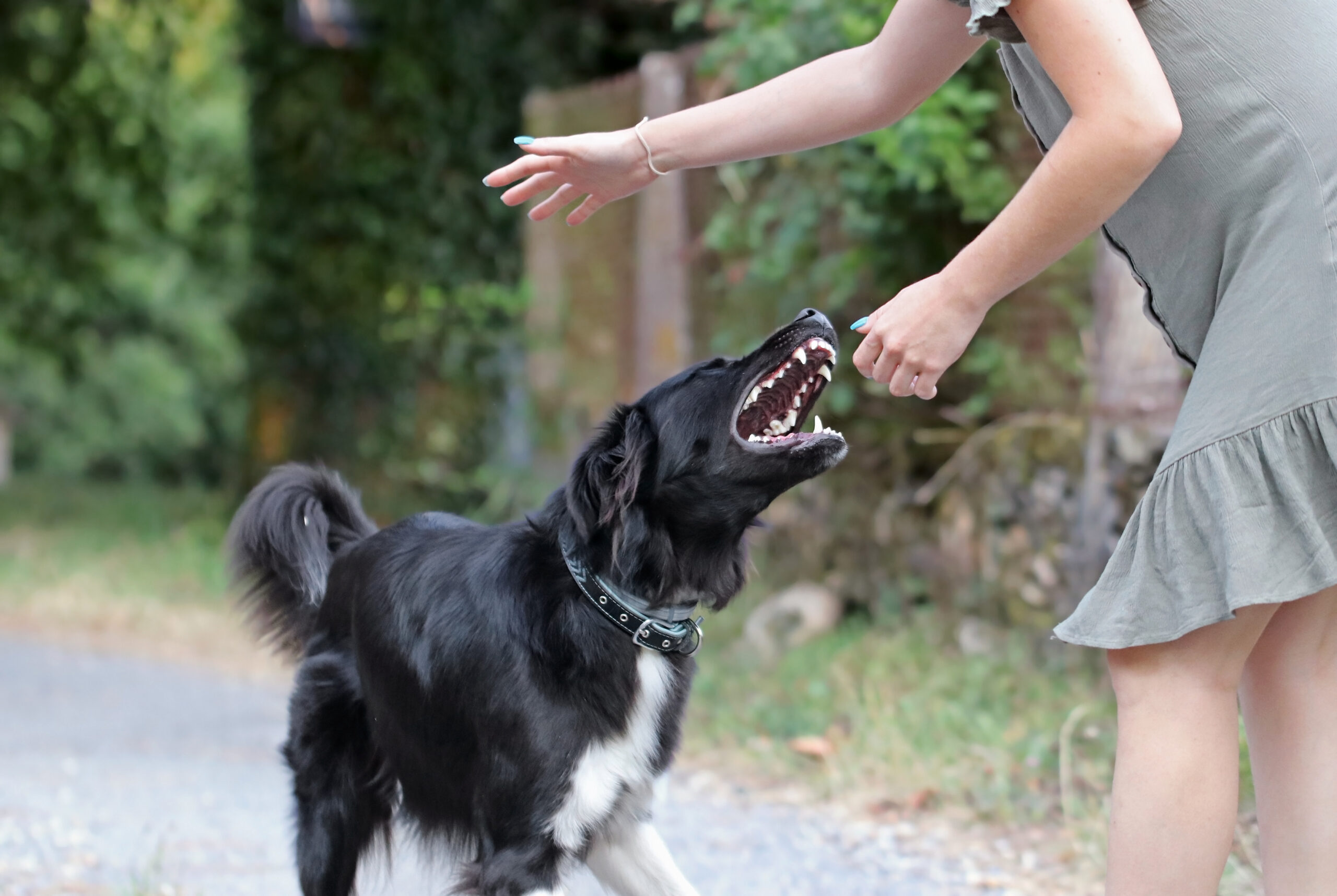Cat and dog bites are common injuries. A family pet or a stray animal could bite you. But you can treat, and even prevent, animal bites.
Path to improved health
If a cat or dog bites you, you should:
- Wash the wound gently with soap and water.
- Apply pressure with a clean towel to the injured area to stop any bleeding.
- Apply a sterile bandage to the wound.
- Keep the wound elevated above your heart to prevent swelling and infection.
Severe bites may require additional medical attention. Call your doctor if:
- Bleeding doesn’t stop after 15 minutes of pressure.
- You think you have a broken bone, nerve damage, or serious injury.
- Your bite becomes infected. Symptoms include redness, swelling, warmth, and pus. You also may have a fever.
- You have diabetes or a condition that weakens your immune system. This includes liver or lung disease, cancer, or AIDS.
- Your last tetanus vaccine was more than 5 years ago. If so, you may need a booster shot.
- You got bit by a wild or stray animal.
- You got bit by a pet of unknown vaccination status.
Treatment for cat and dog bites varies. It’s based on the situation and severity of your injury. Below are some things your doctor may do.
- Check for signs of infection.
- Clean your wound with a special solution and remove any damaged tissue.
- Use stitches to close your wound. However, open wounds often heal faster and are less likely to get infected.
- Prescribe an antibiotic to prevent infection.
- Give you a tetanus shot if your last vaccine was more than 5 years ago.
Your doctor may want you to follow up with them. If your wound gets worse or infection starts, call your doctor right away. You may need to see a specialist if your injury is severe.
Things to consider
There are many things you can do to help prevent cat and dog bites.
- Choose your family pet carefully. Be sure to keep their vaccinations current.
- Never leave a young child alone with a pet. He or she may not know how to be gentle with the pet. This can cause the pet to get mad and bite.
- Don’t try to separate fighting animals. You may get bit in the process.
- Avoid contact with animals that are sick or have unknown vaccination records.
- Don’t disturb animals while they’re eating. Animals often are protective of their food.
- Keep your pets on a leash when in public.
Rabies concerns
The disease rabies is uncommon in cats and dogs in the United States. And most people who have cat and dog bites don’t need a rabies shot. However, rabies is common in wild animals like raccoons, skunks, bats, and coyotes.
If you’re bit by a cat or dog, and you know the owner of the pet, ask for the pet’s health records. They will show vaccinations the animal has had, including one for rabies. To be on the safe side, it’s a good idea to isolate the pet for 10 days and monitor it for signs of rabies. If the animal does show signs of the disease, a veterinarian will test it. If positive, you will need to get a series of rabies shots. You’ll get 2 shots right away and 3 more shots over a 14-day period.
If the cat or dog that bit you is a stray, or a wild animal, call animal control. They will try to find the animal to test it for rabies. In this situation, your doctor may or may not recommend the rabies shots.
If needed, report your bite incident to the proper authority. This could be animal control or the police.
Questions to ask your doctor
- What should I do with my family pet if it bites someone?
- What are the signs or symptoms of rabies?
- When should I get authorities involved?
ADVERTISEMENT
ADVERTISEMENT




